This post is the continuation of our interview with Dr Malcolm Guite, author of Sounding the Seasons- Seventy Sonnets for the Christian Year. To read Part 1 click here.
LES: You make a statement in Sounding the Seasons that “Liturgical time is not quite the same as chronological time…” Could you expand on the differences between Kairos time and Chronos time? How is liturgical time different than chronological time and why does it matter that we cultivate an understanding and appreciation of that?
MG: We tend to be mesmerised by our own technology, and no where more so than in the technology with which we measure time. In the middle ages time was named and ‘measured’, if that’s the right word, by terms that carried meaning and implied quality. The times of day were marked, even in secular communities by the names of prayer times, like matins, shorter times were measured by an ‘ave’ or a pater noster. Or by the movements of the heavenly bodies, or the burning of a candle. I think this gave people a different experience of time. When we invented clocks we could suddenly measure the ‘quantity of time very exactly and divide it into minutes and seconds. We have mistaken these artificial divisions made mechanically for time itself.
In actual human experience time flows at different rates, some of it is richer and deeper some of it thinner and more fleeting. A moment of in love-ness contains more than half an hour of box-ticking and form filling. The split-second of prayer in the mind of a soldier falling to the ground might contain more real and significant time than all the rest of his life. The Bible of course takes this further, with two distinct words Chronos, which is the time we measure with chronometers, and Kairos which is the moment of challenge, judgement and choice, the moments of time that determine eternal things.
Liturgical time is a happy survival into the modern world of that earlier way of understanding and the liturgical seasons the liturgical division of the day itself into times of prayer, is designed to give us more access, in the midst of Chronos to those Kairos moments.
LES: One of the many things we have lost in modern culture is any sense of the deep rhythms of the seasons or the sacred nature of faithfully repeating cycles of experience and time. Many people, if not most, have lost an essential element of our personal and shared identities related to our disconnectedness to the times and geographies of where we live. We, for the greater part, no longer know how to cultivate each ‘moment’s monuments’. Would you address why honouring the season in which we live in matters?
MG: As I was just saying the older, seasonal and daily way of measuring time was as much about quality as quantity, about organic life and growth. All the seasonal signals are being lost to us, we no longer eat seasonal food, nor do we depend for light and work on the movements of the sun and moon, and with international travel and communications we are sometimes not sure even what time zone we are in. This sonnet sequence is an attempt to restore an older and more fruitful sense of time, not only in the movement of sacred season, but also, as you say, in the moment monument. A sonnet takes about a minute to read, but by filling that minute as richly as possible the poem has the effect of slowing down time and helping us dwell more richly in the moment we are in.
LES: I would particularly appreciate a discussion about both the “Prologue: Sounding the seasons” and the “Epilogue: Sanctus” because they form the alpha and omega of this collection and form not only the beginning and ending points of the cycle but also anchor the course of the soul’s poetic seasonal journey. In both of these sonnets you use the phrase ‘God’s good earth’. What does that phrase mean to you and why does it appear in both the beginning and the end of the poetic cycle of the Christian year?
MG: Thank you for drawing attention to the special role of these two poems. They do indeed form a frame and beginning and end to the cycle, an alpha and omega, and for that reason they share certain key phrases and themes. The theme, as I have said is the relation of time and eternity, or to put it another way, the relation of earth and heaven. Now I am very conscious that in some periods of church history the longing for heaven beyond earth, the praise of eternity over against time has sometimes led the church, to dismiss, denigrate, or even trash the earth, led them not to care what happens in time they are so fixed on eternity, led them as CS Lewis once put it, to be ‘so heavenly-minded that they are no earthly use’. Now I think that is the wrong approach, God calls his creation good, time was his idea, and he came to his good earth, fallen though it is, to bless and redeem it, because ‘he so loved the world’. Of course it is true that the misuse of good things here can obscure from us the hope of heaven, but rightly seen, rightly understood everything on God’s good earth speaks to us of heaven and spurs us on to it, and that is why I repeated that phrase in both poems. The other, and perhaps most significant repeated word, between the two poems is Sanctus. The whole sequence is about the journey ‘through time to timeless glory’ from earth to heaven, and I wanted the whole thing, all our hoping, remembering, echoing experience of time, to be framed within the primal reality of heaven. And the reality of heaven is worship and glory, it is the continuous song of the angels and the blessed singing sanctus sanctus sanctus, holy holy holy is the Lord. Isaiah’s vision at a specific moment in time, the year that King Uzziah died, was in fact a vision into the heart of eternity and into something that is always true and always happening in all times and all places, the eternal song of the angels. What happens to us in time, in those kairos moments is that we catch an echo of that song and it spurs and draws us on, and that is why both poems also contain the word ‘echo’ and why the one ‘sanctus’ in the prologue becomes at last, in the epilogue the full, threefold sanctus sanctus sanctus.
As graciously shared with us by Dr. Guite from Sounding the Seasons:
Prologue: Sounding the Seasons
Tangled in time, we go by hints and guesses,
Turning the wheel of each returning year.
But in the midst of failures and successes
We sometimes glimpse the Love that casts out fear.
Sometimes the heart remembers its own reasons
And beats a Sanctus as we sing our story,
Tracing the threads of grace, sounding the seasons
That lead at last through time to timeless glory.
From the first yearning for a Saviour’s birth
To the full joy of knowing sins forgiven
We start our journey here on God’s good earth
To catch an echo of the choirs of heaven.
I send these out, returning what was lent,
Turning to praise each ‘moment’s monument’.
Epilogue: Sanctus
We gather as his church on God’s good earth
And listen to the Requiem’s intense,
Long, love-laden keening, calling forth
Echoes of Eden, blessing every sense
With brimming blisses, every death with birth,
Until all passion passes into praise.
I bless the hidden threads that drew us here,
I bless this day, distinct amidst our days,
I bless the light, the music-laden air,
I bless the interweaving of our ways,
The lifting of the burdens that we bear,
I bless the broken body that we share.
Sanctus the heart, Sanctus the spirit cries,
Sanctus the flesh in every touch replies.
LES: Circling back to the themes of reason and imagination as you address them in Faith, Hope and Poetry, I think of C.S. Lewis’s comment, “Reason is the natural organ of truth; but imagination is the organ of meaning.” In Sounding the Seasons, this collection of poetic expression as a whole, how do you see reason and imagination at work reconciling truth with meaning for yourself and for the reader?
MG: As Lewis says, Reason and Imagination are ultimately complementary in the total balance of how we see the world, but sometimes it is a balance that needs redressing. As a work of poetry, rather than abstract theology, Sounding the Seasons is intended to appeal more to the imagination than the reason, though there are of course passages which make a more rational or philosophical appeal. O Sapientia, for example is very much about the nature of reality and the way we know it, about the origin and meaning of human consciousness, things which could also be written about in rational prose. Ultimately both reason and imagination bear witness to the truth of Christ the Logos since he is in fact the source of both.
LES: What are you hoping each of these volumes, Faith, Hope & Poetry and Sounding the Seasons will accomplish in the lives of their readers?
MG: My hope for Faith, Hope and Poetry is that it will restore a lost balance, perhaps even be part of a real cultural change through which we will recognize that quality is real as well as quantity, that soul is as true as body, that imagination is as important as reason when it comes to finding truth and meaning. For Sounding the Seasons my hope is that some, at least, of these poems will find their way into readers lives as a regular annual part of the pattern of their life and worship, become embedded in memory, collectively and individually so that in the end they provide people with what Heaney called ‘phrases that feed the soul’.
LES: What would you most like to be able to say about Sounding the Seasons to your readership that you have not had an opportunity to share with us?
MG: These poems are for you, please use them, not just for private reading, but read them aloud, share them in prayer and in worship. They don’t live on paper, they live on the living breath of people and in the sound of the human voice. I can’t sound the seasons with these poems unless you sound them out loud.
LES: What have you learned through the process of creating these sonnets and bringing them to publication?
MG: I’ve learnt that God is good and faithful and that ‘the muse’ is something very real. I’ve also learnt that every poem is a completely new beginning.
Many thanks to Dr Malcolm Guite for his generous sharing of the texts of Prologue: Sounding the Seasons and Epilogue: Sanctus and for his gracious participation in this interview. For more about the remarkable collaboration between Dr Guite and Steve Bell using material from Sounding the Seasons, click here.
For an in-depth interview with Dr Guite posted earlier, click here.
Many blessings to you!
Lancia E. Smith is an author, photographer, business owner, and publisher. She is the founder and publisher of Cultivating Oaks Press, LLC, and the Executive Director of The Cultivating Project, the fellowship who create content for Cultivating Magazine. She has been honoured to serve in executive management, church leadership, school boards, and Art & Faith organizations over 35 years.
Now empty nesters, Lancia & her husband Peter make their home in the Black Forest of Colorado, keeping company with 200 Ponderosa Pine trees, a herd of mule deer, an ever expanding library, and two beautiful black cats. Lancia loves land reclamation, website and print design, beautiful typography, road trips, being read aloud to by Peter, and cherishes the works of C.S. Lewis, J.R.R. Tolkien, and George MacDonald. She lives with daily wonder of the mercies of the Triune God and constant gratitude for the beloved company of Cultivators.
Leave a Reply
A Field Guide to Cultivating ~ Essentials to Cultivating a Whole Life, Rooted in Christ, and Flourishing in Fellowship
Enjoy our gift to you as our Welcome to Cultivating! Discover the purpose of The Cultivating Project, and how you might find a "What, you too?" experience here with this fellowship of makers!
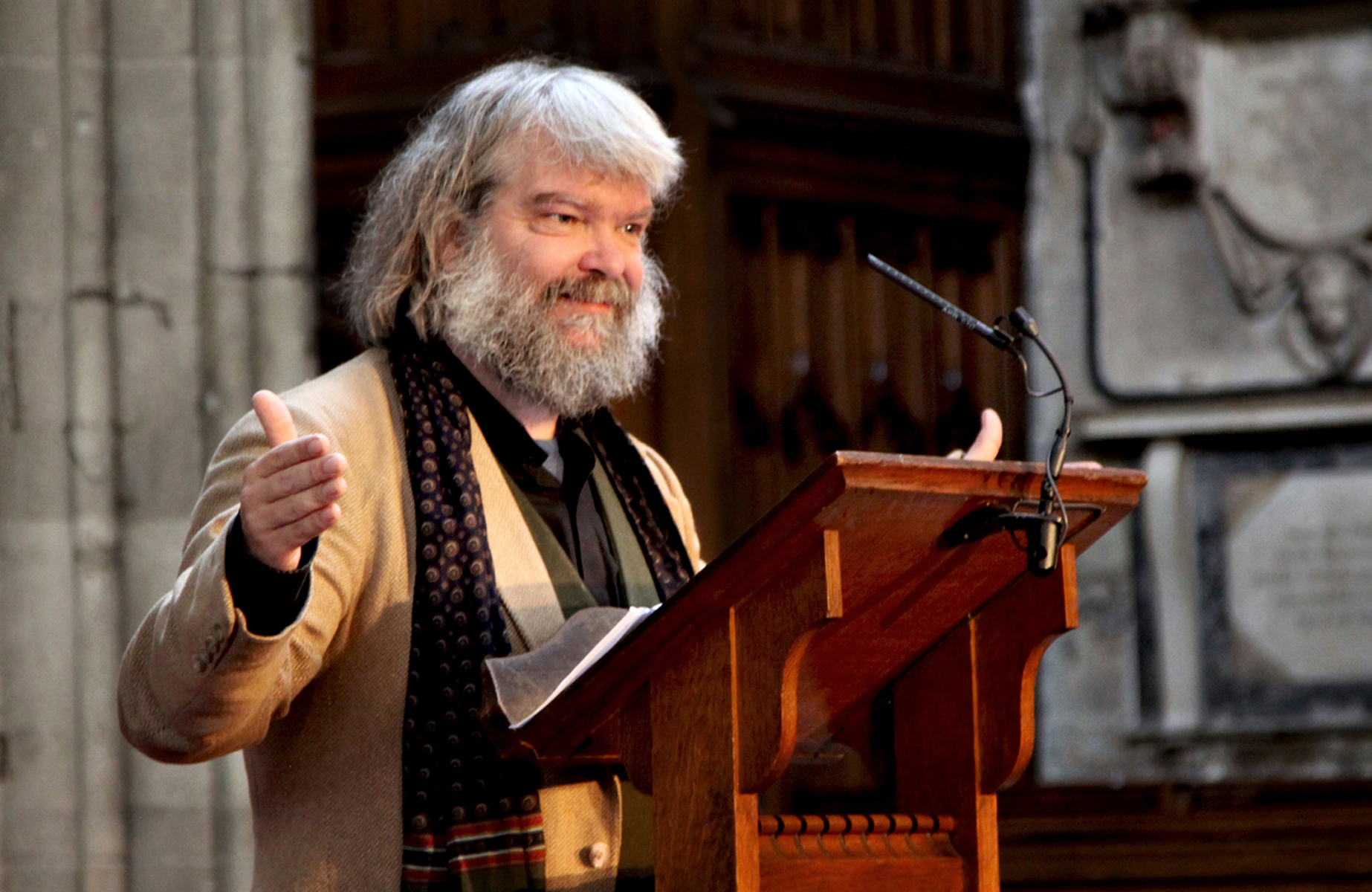
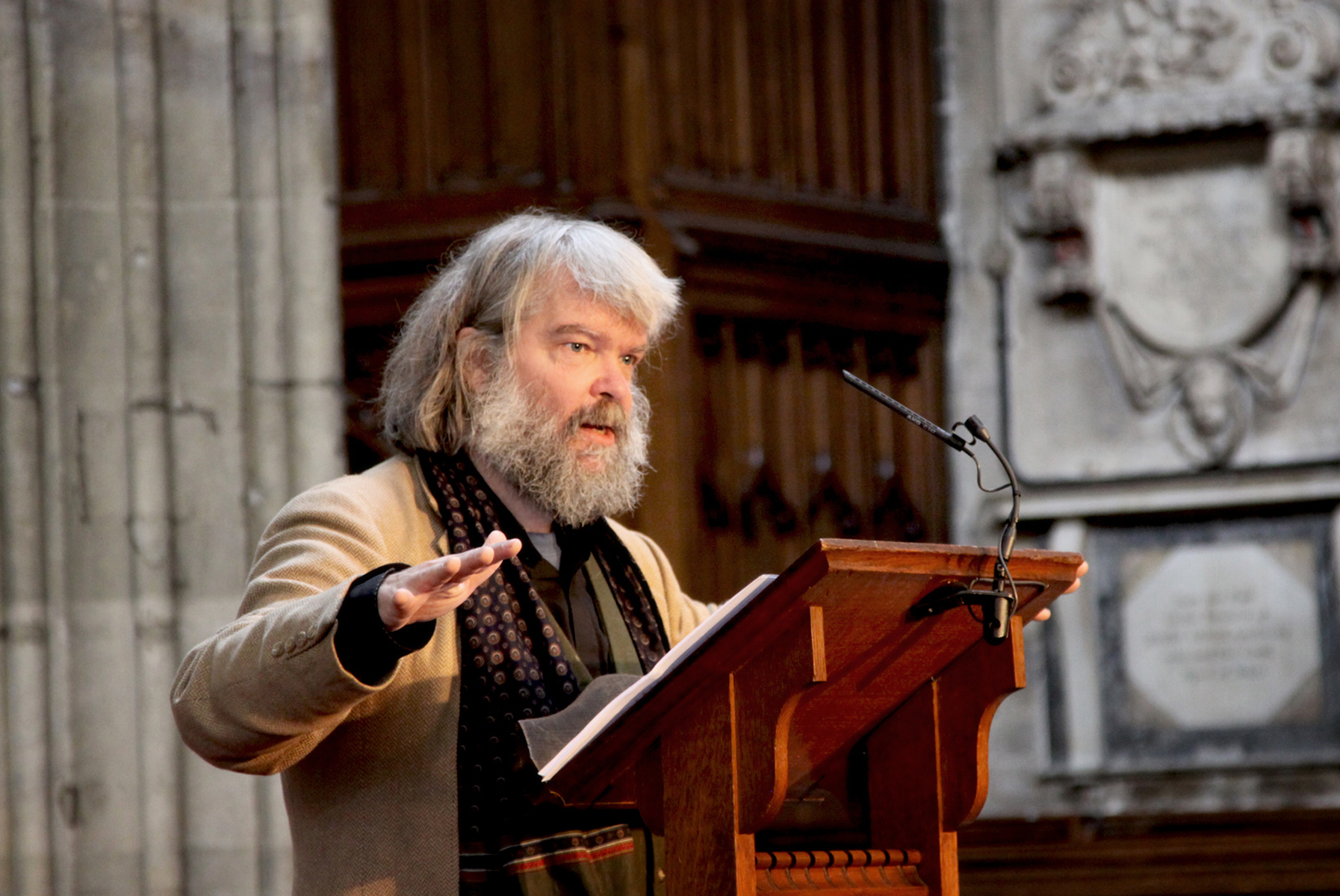
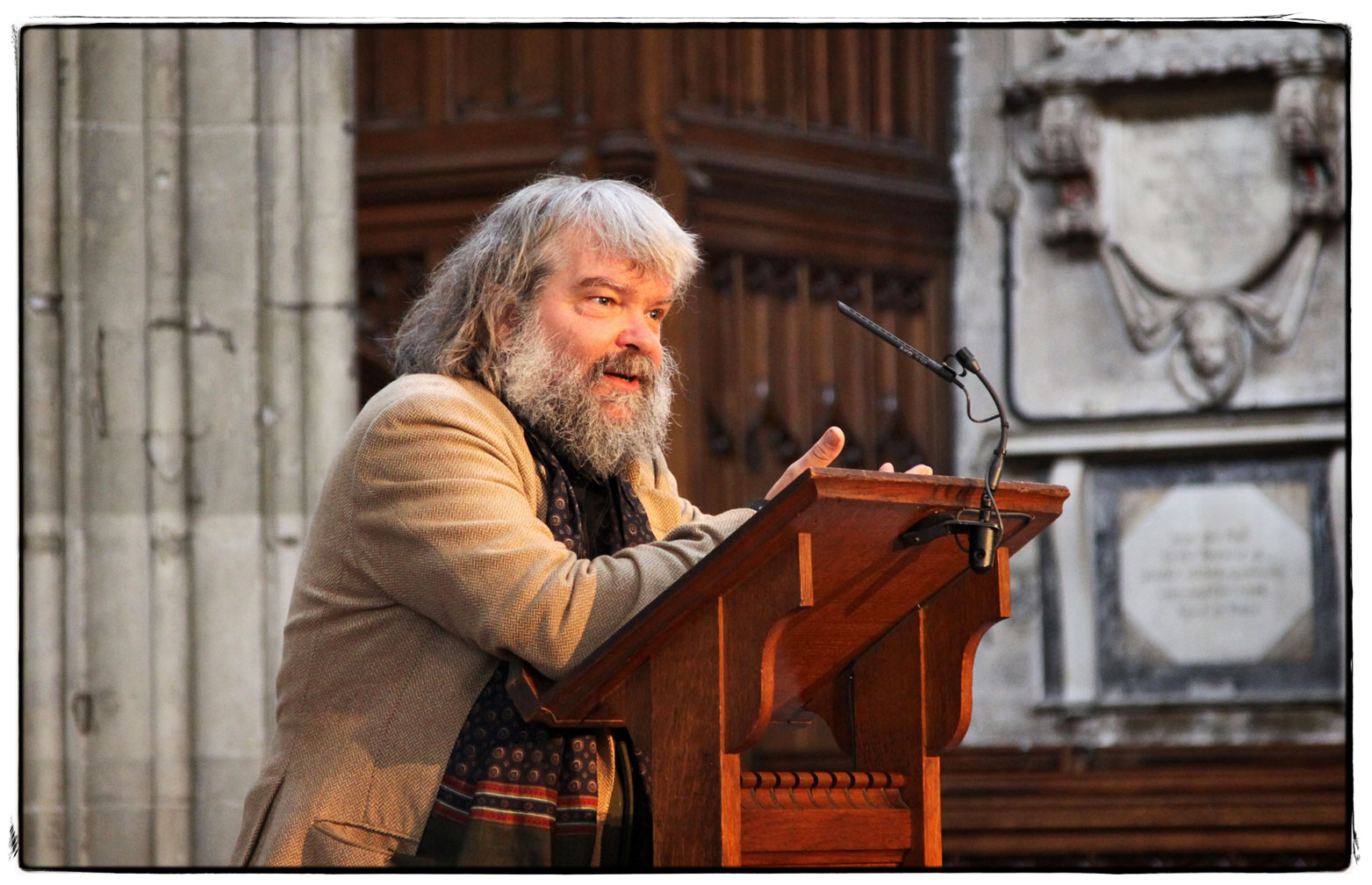
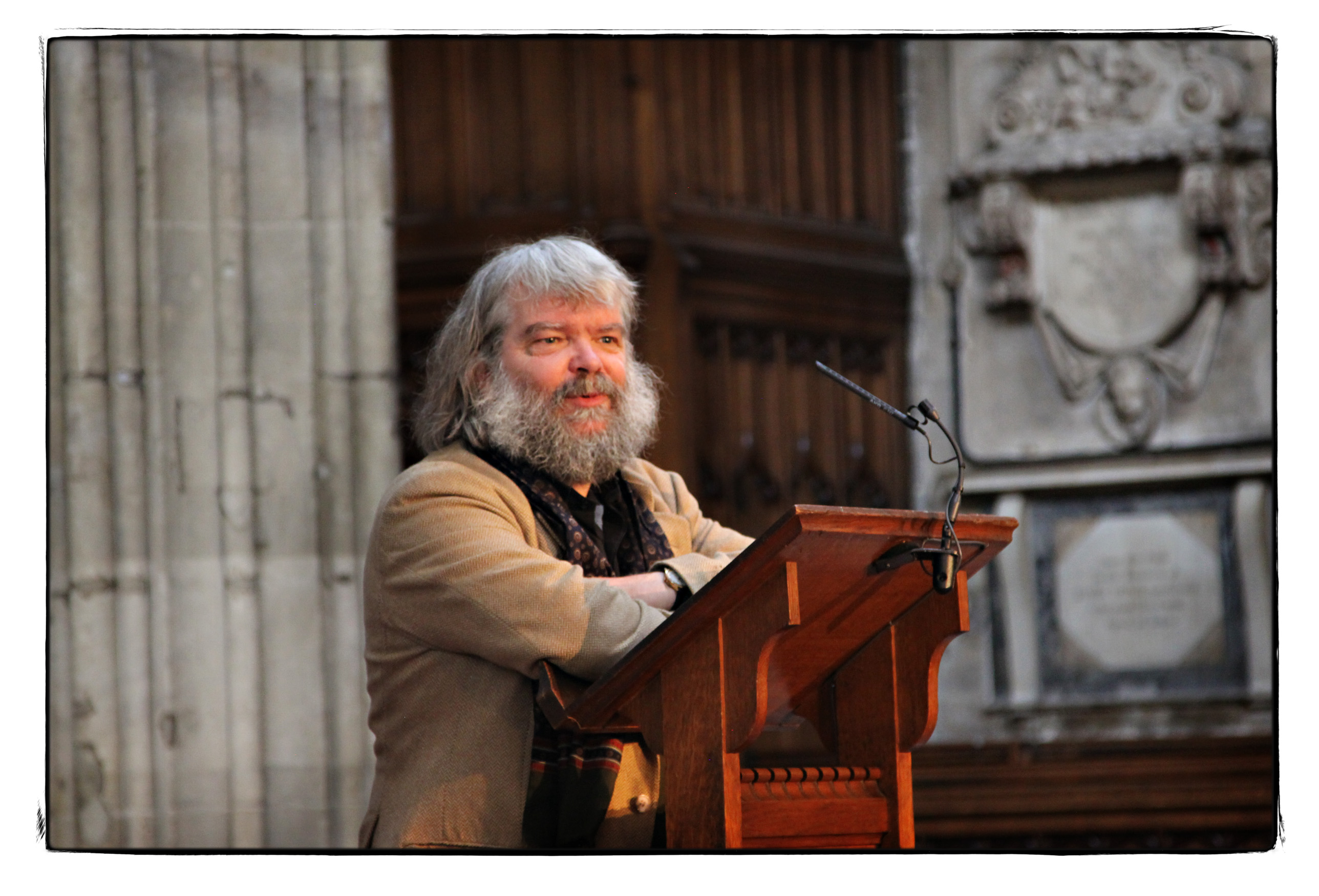
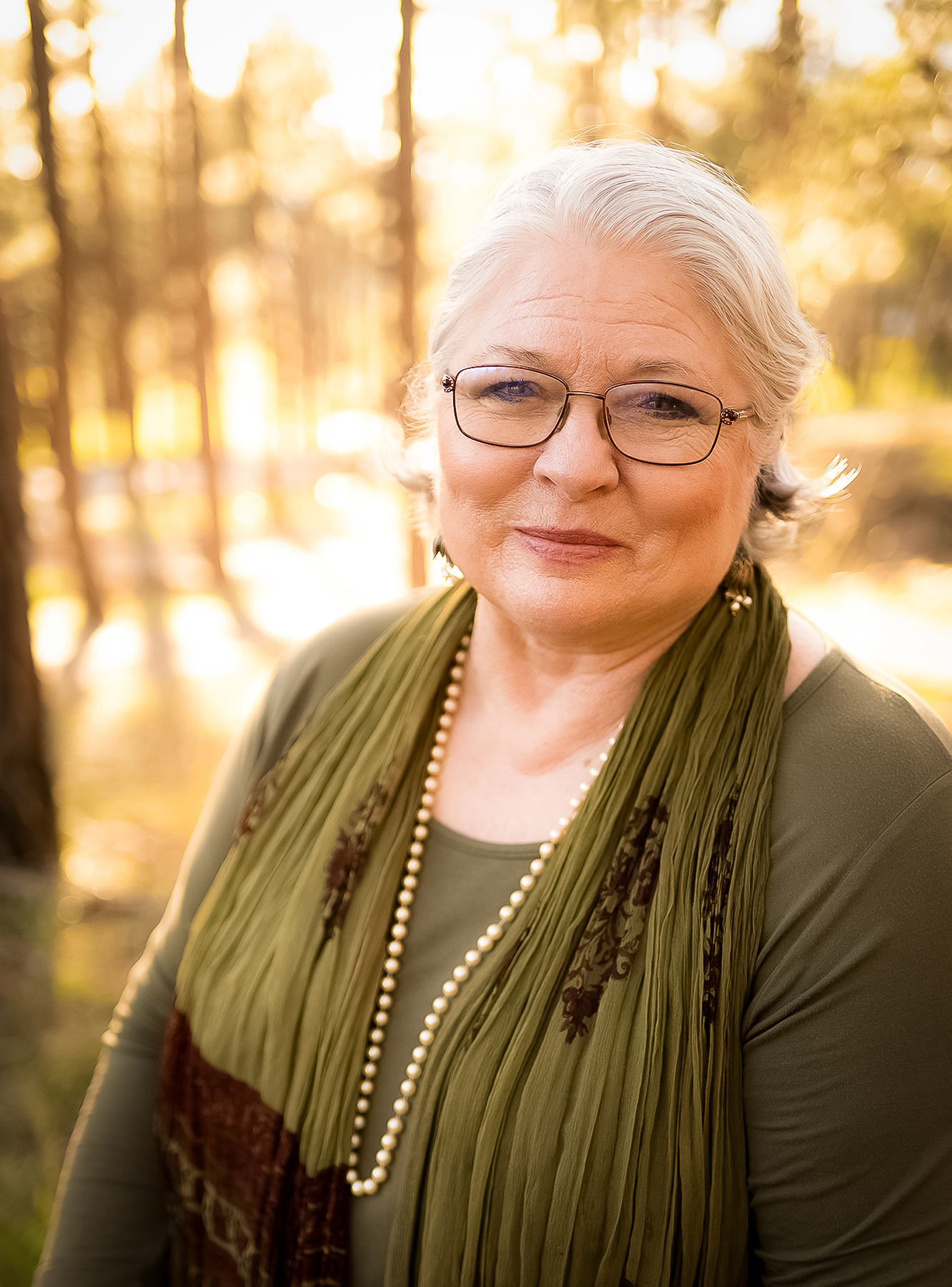
[…] Stayed tuned for Part 2! […]
[…] Stayed tuned for Part 2! […]